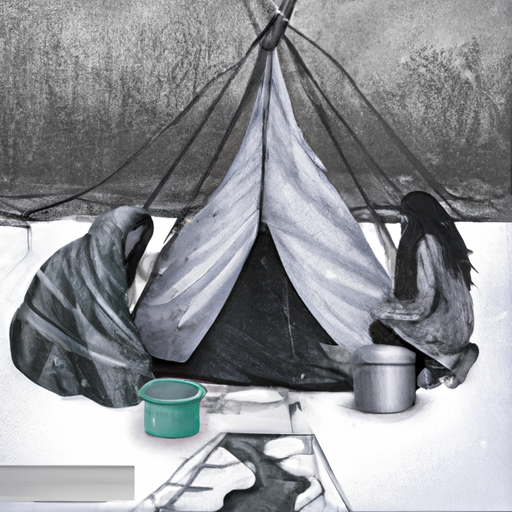Addressing the Canadian Opioid Crisis: A Call to Support Mental Health and Addiction Treatment
Hello readers. The opioid crisis in Canada continues to draw headlines and today, we’re looking at a critical plea for assistance from a Saskatchewan First Nation community. As reported by CTV News in this article, the Makwa Sahgaiehcan First Nation community is in dire need of assistance in battling the serious consequences of opioid addiction, mental health challenges, and homelessness.
The Impact of the Opioid Crisis on the Makwa Sahgaiehcan First Nation Community
Just like many other communities across Canada, Makwa Sahgaiehcan First Nation has been dealing with the devastating effects of the opioid crisis. Opioids, potent pain-relieving substances, when misused, can lead to dependency, overdose, and even death. This crisis has not only cost many lives but has also been a precursor for the rise of mental health issues and homelessness within the community.
The CTV News report emphasizes the extreme conditions endured by people suffering from addiction, such as living in makeshift tents in frigid temperatures. The situation is dire and the community is calling for immediate help from the federal and provincial governments.
Responding to the Crisis
The community’s leadership council is pleading for immediate intervention to curb the opioid crisis. They’re advocating for support like resources for mental health counseling and drug treatment programs. These steps are necessary to handle the gravity of the situation, putting a human face to an issue often discussed in statistical and purely medical terms.
The council has taken some steps on its own, such as distributing naloxone kits and hosting workshops to educate the community about opioid addiction. Naloxone is a life-saving medication that reverses the effects of an overdose. Even so, the burden of the opioid crisis remains overwhelming, and more support is needed.
The council is also keen on pursuing an opioid class action lawsuit against federal and provincial governments to finance treatment programs. This course of action could alleviate the community’s financial burden in combating this crisis and is reminiscent of strategies employed elsewhere in Canada.
Key Points
- The Makwa Sahgaiehcan First Nation community is grappling with opioid addiction, causing a rise in homelessness and mental health issues.
- The community leadership council is calling for immediate help to provide resources for mental health counseling and drug treatment programs.
- The council has initiated its own measures such as distributing naloxone kits and conducting educational workshops on opioid addiction.
- The council is considering pursuing an opioid class action lawsuit against the federal and provincial governments. Such a course of action could provide necessary funding to support treatment programs and other relief measures.
Closing Thoughts
In closing, we cannot ignore the urgent need to battle the opioid crisis which continues to devastate communities across Canada. It is clear that a comprehensive intervention is required. In addition to immediate treatment options, there is a need for long-term mental health counseling and solutions to homelessness. The community level efforts portrayed in the call for help by the Makwa Sahgaiehcan First Nation council underline the severity and broad scope of this problem.
The idea of an opioid class action lawsuit underlines a further point – that it is time for those in power to take responsibility and contribute to solutions. Whether it’s federal and provincial governments, the medical community or pharmaceutical companies, it is hoped that this crisis shall catalyzes an era of social responsibility and a prioritizing of public health and welfare over profits and politics.


